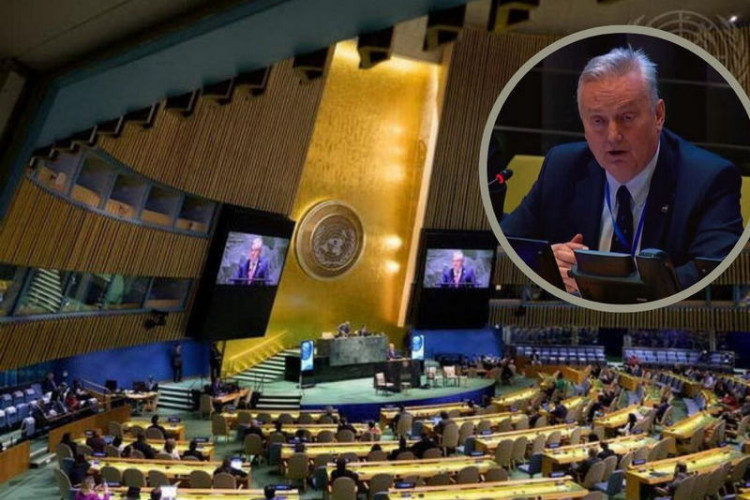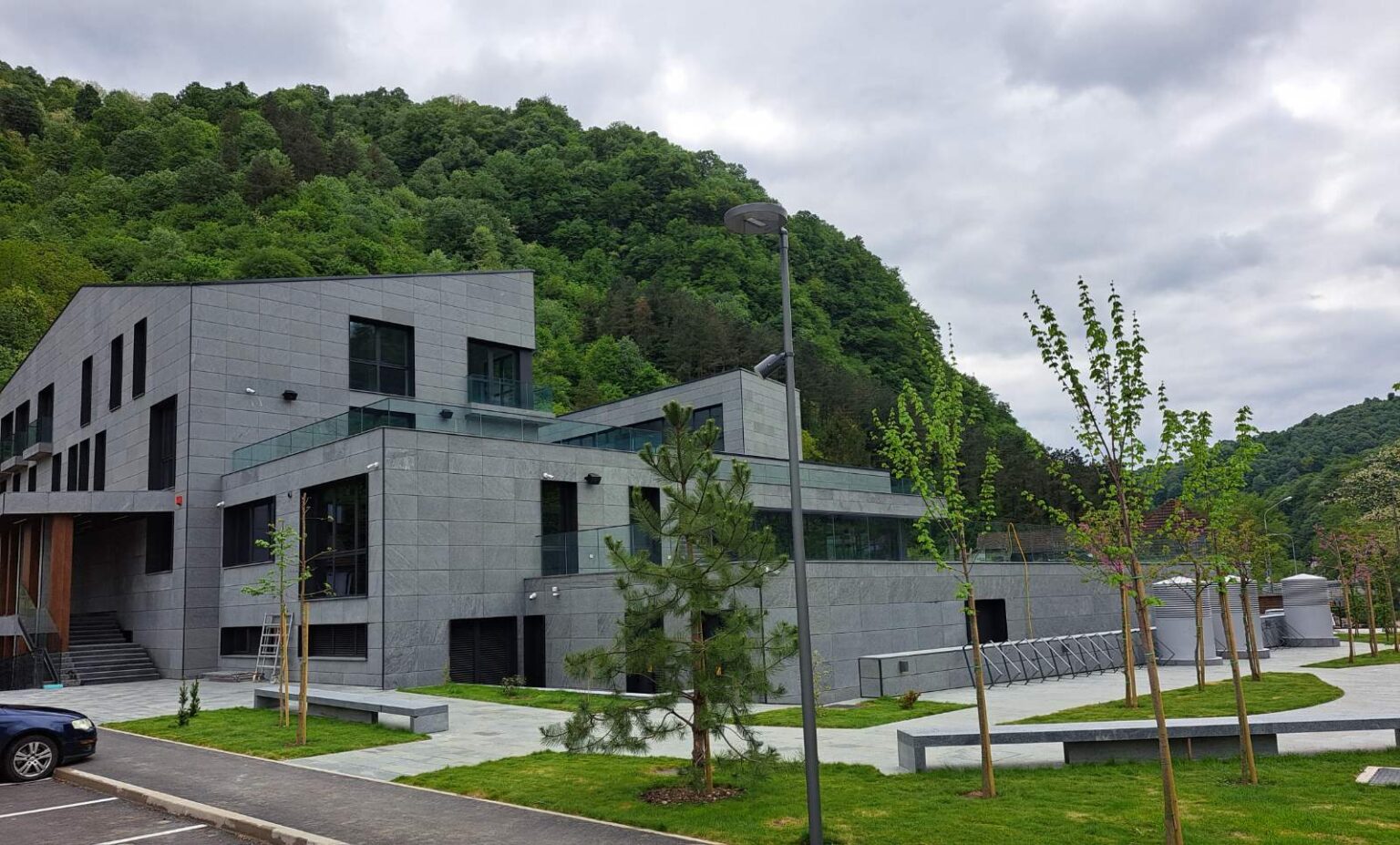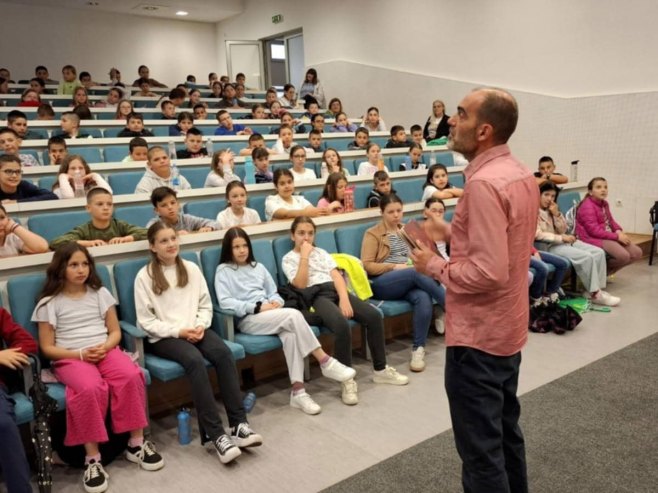Political elites from Sarajevo avoid confronting the history of World War II, as it undermines their efforts to portray Bosniaks as the sole and primary victims in the Western Balkans.
This is according to political scientist Filip Matić from East Sarajevo, who commented for “Glas Srpske” on Bosnia and Herzegovina’s recent decision to abstain from voting on the UN General Assembly’s Resolution on Combating the Glorification of Nazism. According to Matić, the decision by Bosnia’s UN Ambassador, Zlatko Lagumdžija, not to support this resolution should be viewed from two perspectives. The first is that, as in previous cases, Lagumdžija has privatized his role in this international body by promoting a Bosniak agenda rather than the policy defined by Bosnia’s tripartite Presidency, which includes representatives of the country’s constituent peoples.
“And yet, these same figures talk about sovereignty and a Dayton Bosnia, while simultaneously undermining the existing constitutional system. We witnessed this when the resolution on Srebrenica was introduced without any consultation within Bosnia. This vote has once again revealed who truly undermines Bosnia from within. It’s not the Serbs advocating for a consistent application of the Dayton Peace Agreement,” stated Matić.
He believes this also reflects blind adherence to Western policies clashing with Russia, which has effectively turned these politicians into subservient followers. The second perspective, Matić explains, relates to the historical context.
“For years, they have tried to construct a myth portraying themselves as the only, and the greatest, victims, building their identity on this narrative. This resolution challenges that myth. They seek to erase from history the fact that certain members of their population were involved in the Ustaše movement and the Handžar Division. As far as I know, the author of the ‘Islamic Declaration’ was himself part of that infamous unit. On the other hand, Serbs were among the greatest victims in Europe, and no one can dispute that,” Matić emphasized.
On Monday, the UN General Assembly adopted the Resolution on Combating the Glorification of Nazism, proposed by Russia. Bosnia’s representative, Zlatko Lagumdžija, as in the previous vote, abstained. The resolution, co-sponsored by Armenia, Belarus, China, Mali, North Korea, Serbia, and South Africa, received 116 votes in favor. Fifty-four countries, including Ukraine, the United States, the United Kingdom, Germany, France, Canada, and Japan, voted against it, while 11 abstained, including Bosnia. Lagumdžija chose not to support the resolution, which encourages states to take concrete steps to prevent the revision of World War II history. The text also calls for a strong condemnation of incidents involving the glorification and propaganda of Nazism and recommends a ban on any ceremonial celebration of the Nazi regime and its allies. It further asserts that adopting this resolution is a duty to honor those who sacrificed their lives for peace, and that any other stance would amount to cynicism and sacrilege toward those who liberated the world.
Unconvincing justification
Since 2015, Russia has proposed this resolution annually. Last year, it received the support of 112 countries, while 50 voted against, and 14 abstained. At that time, Bosnia voted against it; this year, it abstained. Instead of clarifying why this decision was made, or whether it reflects the official stance of the Presidency or Lagumdžija’s personal views, Bosnia, alongside Montenegro, Albania, Ukraine, Moldova, and Georgia, aligned itself with the European Union’s collective stance, largely opposed to the resolution. According to explanations, the resolution was not supported because Russia allegedly uses it to justify its war in Ukraine, branding it as mere propaganda and a vehicle for spreading a false narrative.
Source: Glas Srpske









